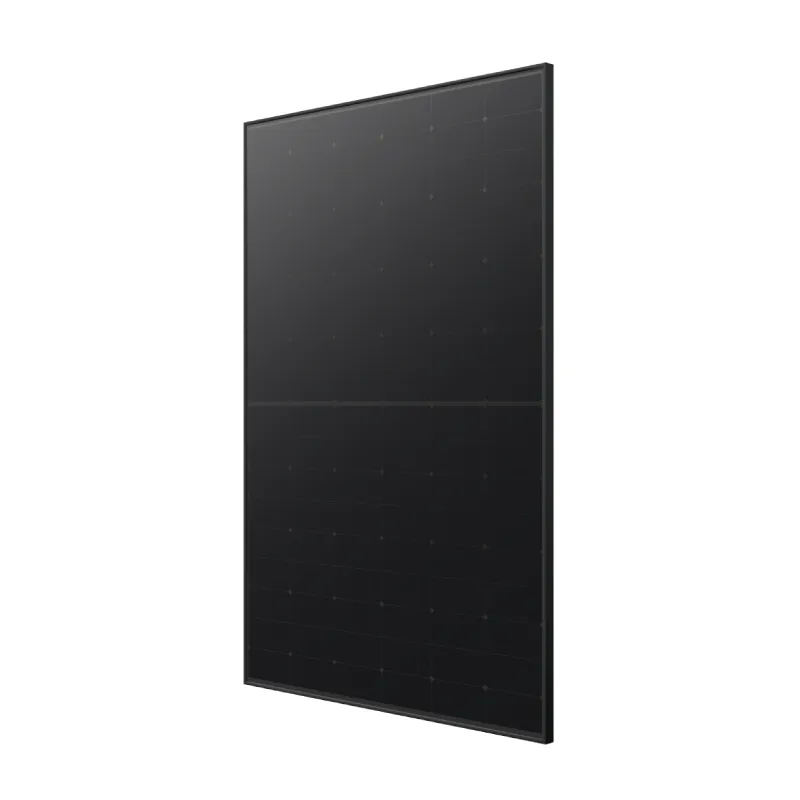function of hybrid solar inverter
The Function of Hybrid Solar Inverters
In recent years, the demand for renewable energy sources has surged, primarily driven by the need for sustainable and efficient energy solutions. Among the various available technologies, solar energy stands out as a leading contender due to its abundance and clean nature. Within the solar energy ecosystem, hybrid solar inverters play a pivotal role by integrating various power sources and optimizing energy management. This article delves into the function of hybrid solar inverters, their components, and the benefits they offer to residential and commercial users.
Understanding Hybrid Solar Inverters
Hybrid solar inverters are advanced devices that not only convert direct current (DC) generated by solar panels into alternating current (AC) for use in homes and businesses but also manage and integrate multiple energy sources. These inverters can work with solar panels, batteries, and the electrical grid simultaneously, providing a versatile solution for energy management.
Key Functions of Hybrid Solar Inverters
1. Power Conversion The primary function of any solar inverter, including hybrid variants, is to convert the DC electricity generated by solar panels into AC electricity. This is essential because most appliances and the electrical grid operate on AC power. The quality of this conversion affects the efficiency of the solar energy system.
2. Energy Storage Management One of the standout features of hybrid solar inverters is their ability to charge and discharge batteries based on energy needs and solar energy availability. These inverters can direct excess energy produced by solar panels during peak sunlight hours to charge batteries for later use. Conversely, when solar energy is insufficient, the inverter can draw power from the stored battery energy, providing a continuous power supply.
3. Grid Interaction Hybrid inverters facilitate seamless interaction between the solar power system and the electrical grid. Depending on the configuration, they can send surplus energy back to the grid or draw energy from the grid when necessary. This feature is particularly beneficial during cloudy days or at night when solar energy production is non-existent.
4. Energy Management System (EMS) Many hybrid inverters come equipped with advanced energy management systems that allow users to monitor and control their energy consumption. Through a user-friendly interface, homeowners and businesses can track their energy usage, solar production, battery status, and grid interaction, making informed decisions about energy consumption patterns.
function of hybrid solar inverter

5. Load Shifting and Demand Response Hybrid solar inverters offer the ability to manage load shifting—using solar energy or stored battery power during peak hours to reduce energy costs. This can be advantageous in regions with time-of-use pricing, enabling users to save on electricity bills by minimizing reliance on the grid during high-cost periods.
Benefits of Hybrid Solar Inverters
1. Energy Independence By harnessing solar energy and storing it in batteries, users can reduce their reliance on the grid and enhance energy independence. This is particularly valuable in areas with unstable electricity supplies.
2. Cost Savings Utilizing solar energy can lead to significant savings on electricity bills. Additionally, hybrid systems can optimize energy consumption, allowing users to avoid peak energy rates.
3. Environmental Impact Hybrid solar inverters contribute to reducing the carbon footprint by maximizing the use of renewable energy sources and minimizing reliance on fossil fuels.
4. Scalability Hybrid systems can be customized to fit the specific energy needs of a household or business. As energy demands grow, users can easily scale their systems by adding more solar panels or battery storage.
5. Grid Support These inverters can provide valuable support to the electrical grid, especially during peak demand times. By optimizing energy use and integrating renewable resources, hybrid systems can enhance grid stability and reliability.
Conclusion
Hybrid solar inverters represent a significant advancement in solar technology, offering a multi-faceted approach to energy generation and management. By integrating solar panels, battery storage, and grid capabilities, they provide a flexible, efficient, and sustainable energy solution. As the world pivots toward renewable energy, the growing adoption of hybrid solar inverters is likely to play a crucial role in fostering energy independence while reducing environmental impact. With their numerous benefits, hybrid solar inverters are set to be an indispensable component of the future energy landscape.
-
String Solar Inverter: The High-Efficiency Solution for Smart Solar EnergyNewsJul.14,2025
-
Revolutionizing Rooftop Energy with the Power of the Micro Solar InverterNewsJul.14,2025
-
Power Independence with Smart Off Grid Solar Inverter SolutionsNewsJul.14,2025
-
On Grid Solar Inverter: Powering the Future with Smart Grid IntegrationNewsJul.14,2025
-
Monocrystalline Solar Panels: High-Efficiency Power for the Future of Clean EnergyNewsJul.14,2025
-
Bifacial Solar Panel: A Smarter Investment for Next-Generation Energy SystemsNewsJul.14,2025







